A report published by GearLog answered some outstanding questions about the new device presented earlier.
Citing an AT&T representative in Charlotte, the report said the femtocell device provides 3.2Mbit/sec 3G service, which is on par with AT&T's existing towers in areas of ideal service, but not the maximum 7.2MBit/sec speed supported by the iPhone 3GS. Of course, most users won't be using the device's 3G for data, as they presumably will be using WiFi for that.
What the device will do is blanket 5,000 square feet (about a 40 foot radius from the device) of home or office space with excellent voice, text, and data service coverage to prevent dropped calls or delayed messages. SMS messages, like voice calls, require mobile data service and can't be sent over WiFi.
AT&T's device will support up to four users making simultaneous calls, and up to ten users on 3G standby available for incoming calls and messages. In order to support that bandwidth, the 3G MicroCell needs to be connected to an appropriately fast broadband connection. Typical DSL service provides 1.5Mbit/sec downloads and 0.7Mbit/sec uploads; a voice call consumes around 0.04Mbit/sec upload and download.
Cost of use
The upfront cost of AT&T's 3G MicroCell fits between Sprint's $99 Airave and Verizon's $250 Network Extender offering, although AT&T's supports fast 3G voice and data with UMTS features such as multiple party calling; Sprint and Verizon only offer relatively slow, legacy 2G CDMA2000 service.
Sprint also charges a $5 monthly "Enhanced Coverage Charge" fee just to use the Airave product, in addition to an activation fee. This makes AT&T's 3G MicroCell the cheapest option for users who just want to patch a dead service hole for their mobile, and of course the only option for iPhone users.
For $10 per month, Sprint allows unlimited calling for calls made using the device. That option will cost $20 on AT&T, but will be optional for users who want it. Verizon does not offer a "bring your own pipe" unlimited calling option at any price. Calls originated on a femtocell device are handed off to the mobile network if you leave the coverage area during the call, but remain counted against that unlimited coverage plan.
Opting for AT&T's $20 per month MicroCell unlimited calling plan is relatively expensive, costing an extra $240 over two years. However, compared with the $960 users could save by downgrading their exiting $120 unlimited mobile plan for a 900 minute, $80 contract, the option can provide a large net savings for users who place most of their calls from a single location.
AT&T's new device, which should begin being rolled out across the nation over the next several weeks, will allow users who live or work in dead spots to solve the issue themselves without waiting for AT&T's network improvement plans to reach them. That promises to help Apple's sales of the iPhone, which users in some areas have been forced to return due to specific service outages where they live or work.
The ability for users to offload traffic from AT&T's existing mobile network onto their own Internet connection for "last mile" service between their phone and AT&T's back end may also help balance the company's remaining bandwidth available to other users, effectively crowd-sourcing the problem of keeping up with the iPhone's voracious appetite for bandwidth.
 Prince McLean
Prince McLean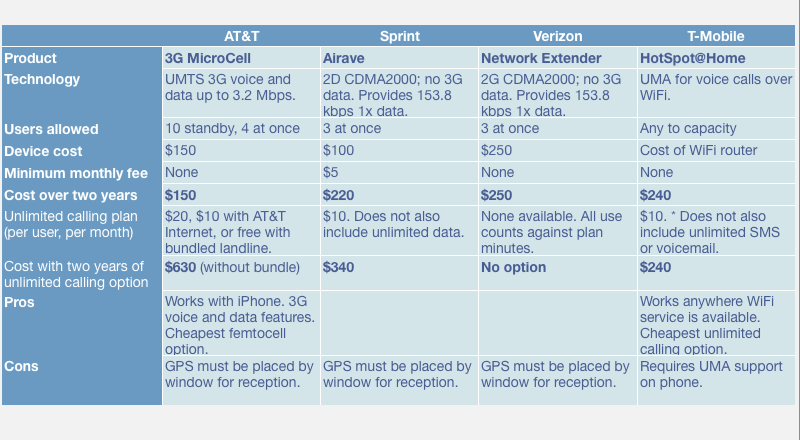






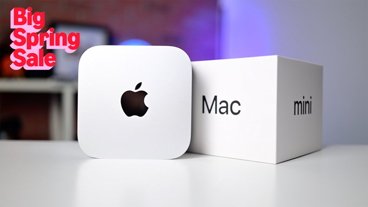
-m.jpg)





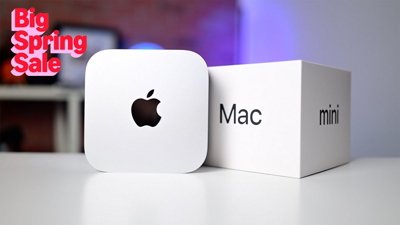
 Christine McKee
Christine McKee
 Wesley Hilliard
Wesley Hilliard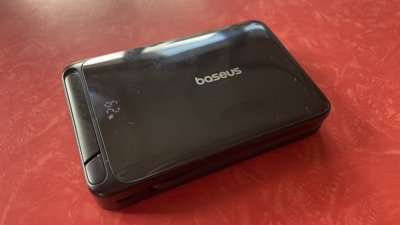
 Thomas Sibilly
Thomas Sibilly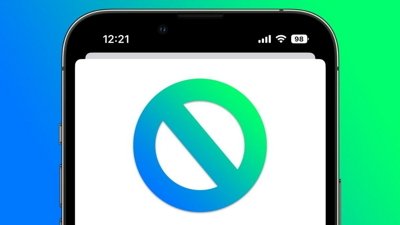
 Marko Zivkovic
Marko Zivkovic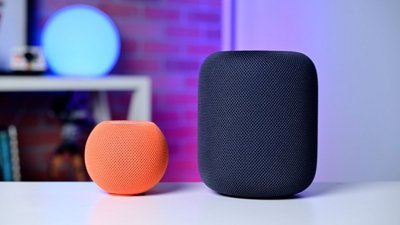
 Andrew O'Hara
Andrew O'Hara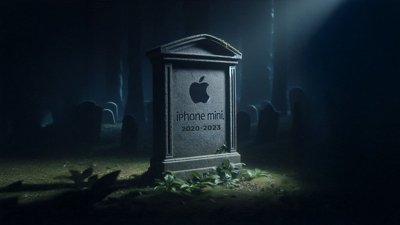
 Amber Neely
Amber Neely
 William Gallagher
William Gallagher
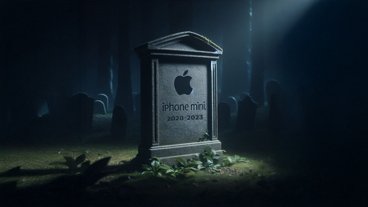

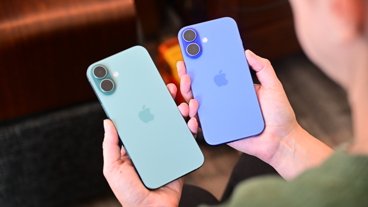






88 Comments
AT&T is asking the customers to pay more money and use the connectivity they paid somebody else for to compensate for their shoddy network. Well done AT&T, you guys suck and you NEED to fix your network. You (AT&T) are getting a giant pile of money from iPhone users, you could, you-know, use it to improve the network you own.
IF the network didn't suck, there would be no need for this product. Thanks for the suck...
Sheldon
So, in all four cases, in order to improve the cell company's service, you have to BUY a mini-tower for your home/office? Last I checked, schools rented out their light posts to cell companies so they could put cell towers on them for a few extra bucks. They wouldn't be there if it were the other way around since we all know how much money schools have (especially in my state!)
On top of that, since it uses the internet to do its magic, one has to have a high speed internet connection (correct me if I am wrong here) which is an added cost. I'm sure the ISP is going to love the extra load on their network since AT&T can't get coverage where they should have.
Lets add the idea that if this is used in an office or home, and most offices and homes already have a land line phone, then isn't this a little redundant? I know that call forwarding on a cell phone has been around since 2002, and you can set it to forward to another number when you are out of service areas. (I haven't checked an iPhone, but I know my old school free Nokia from 2002 had this feature).Anyhow, I just have a big problem with having to PAY the telco's more money for cleaning up their own coverage / bandwidth mess. (I'm not saying just AT&T here, though from what I hear around here, they are the ones with the most problems.)
Why don't these assholes* knock 10% off people's bills' who install it? I mean, it allows anyone to connect their cell phones and 3g right? Where's sideways-head-guy to talk about this and ask us to have compassion for AT&T?
* by assholes, I mean AT&T
Over here in Thailand we get unlimited data plan (edge, 3g, tethering and wifi) for only $17 per month.
IF the network didn't suck, there would be no need for this product. Thanks for the suck...
Sheldon
T-Mobile and Sprint offer the same thing. So I guess 3 out of 4 networks suck. Verizon doesn't suck only because they don't have devices that pound their network. Bunch of chickens.